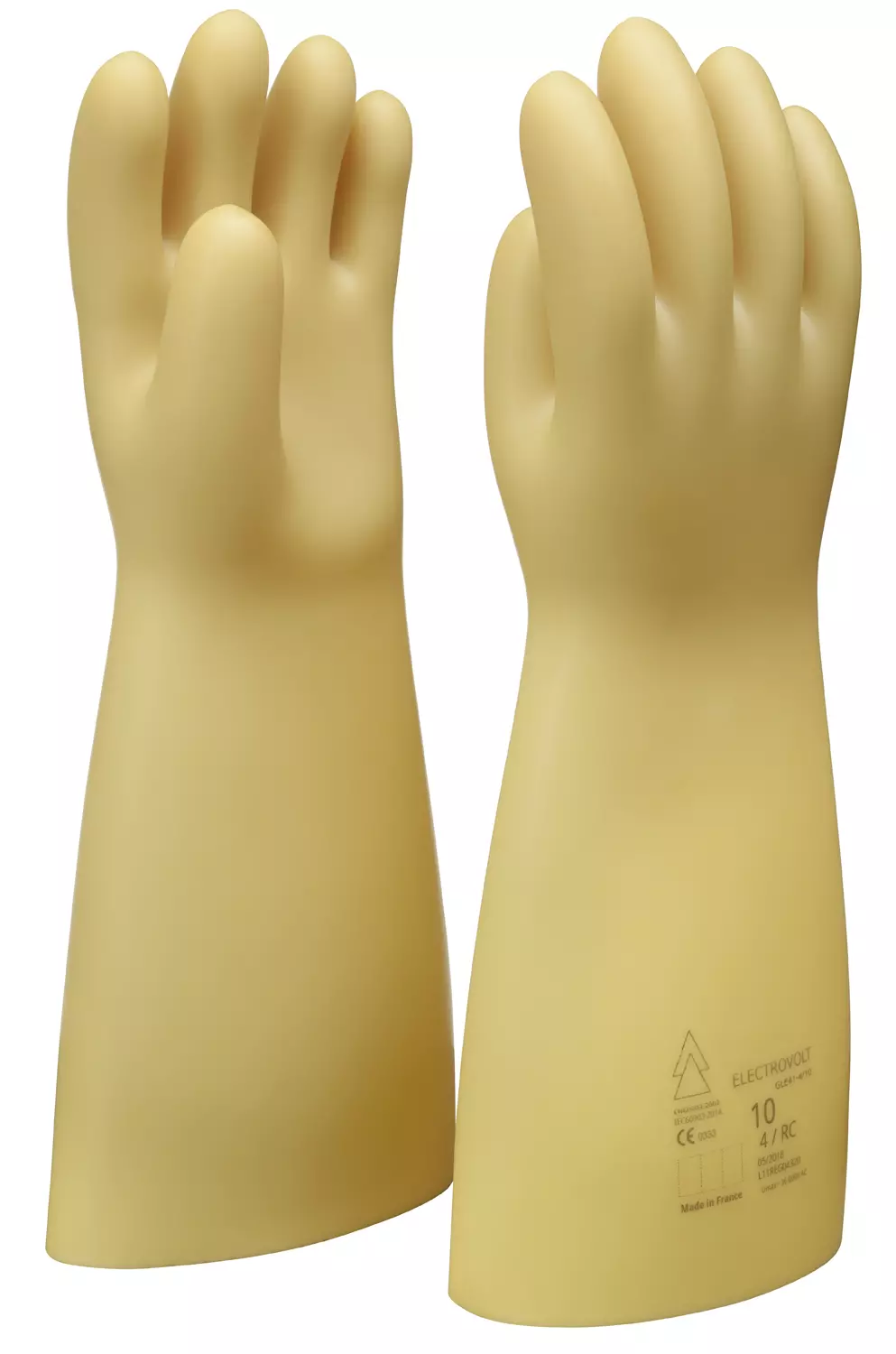
Features You'll Love

Coating Material · Latex
Glove Features · Extra Long
The material applied to glove surfaces to enhance grip, protection, and durability for specific work conditions and hazards.
Extended cuff provides superior forearm protection from splashes, chemicals, and abrasions, keeping you safer and more confident.

Palm Material · Latex
The material used on the palm side of the glove, affecting grip, durability, protection level, and comfort during use.
Sibille Safe
Class 00 electrician's insulating gloves 36cm
Class 00 electrician's insulating gloves 36cm
4.9 / 5
71,50 €
Choose size
Shipping fee is 7,95 € for orders under 600,00 €
Features You'll Love

Coating Material · Latex
Glove Features · Extra Long
The material applied to glove surfaces to enhance grip, protection, and durability for specific work conditions and hazards.
Extended cuff provides superior forearm protection from splashes, chemicals, and abrasions, keeping you safer and more confident.

Palm Material · Latex
The material used on the palm side of the glove, affecting grip, durability, protection level, and comfort during use.
Product description
The product description has not been specified